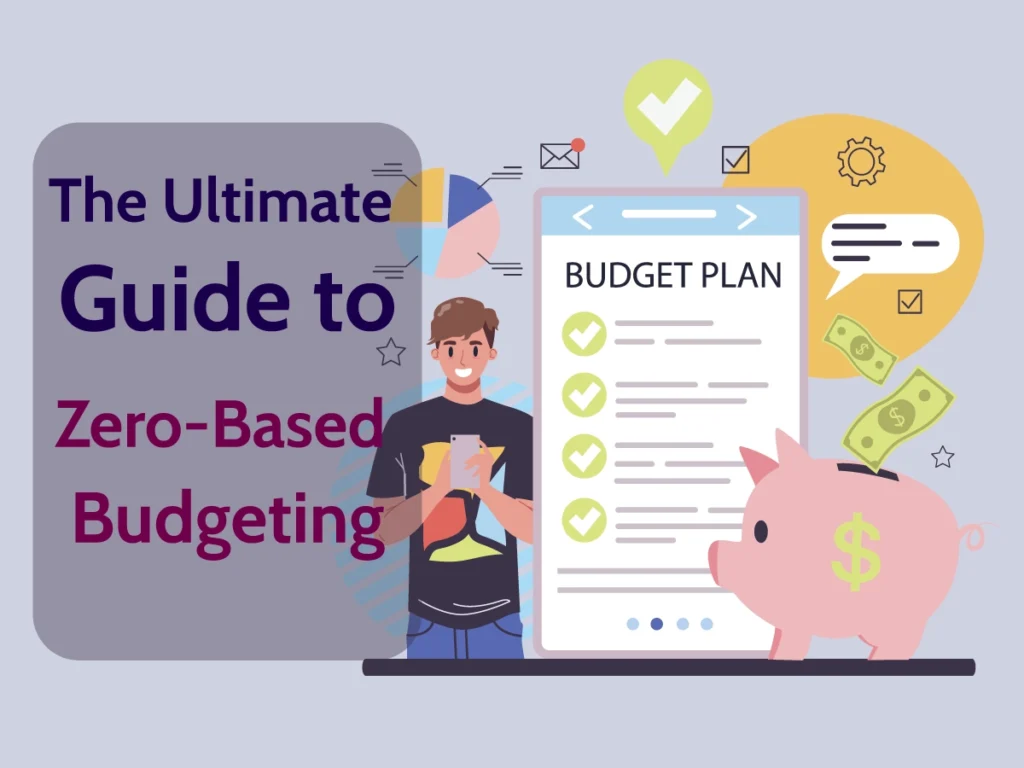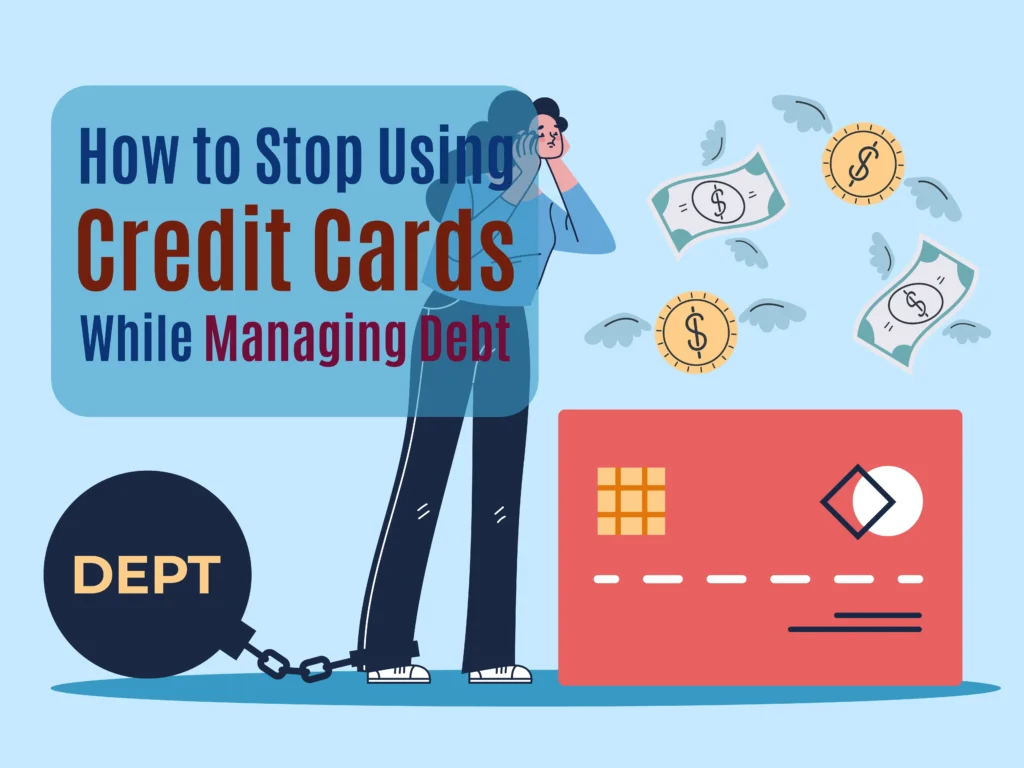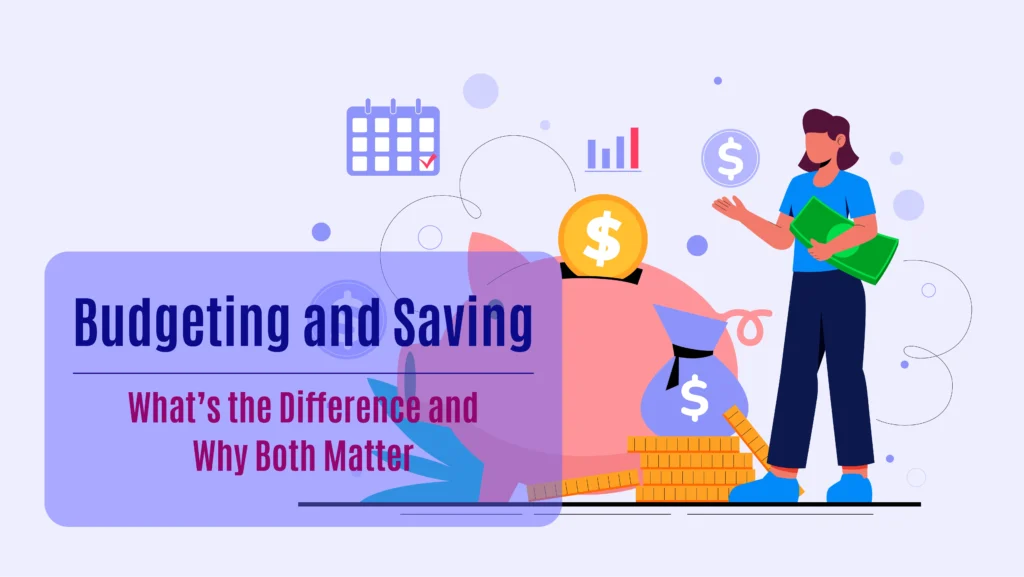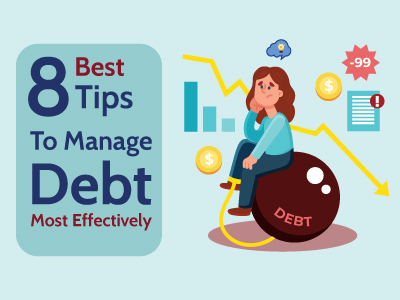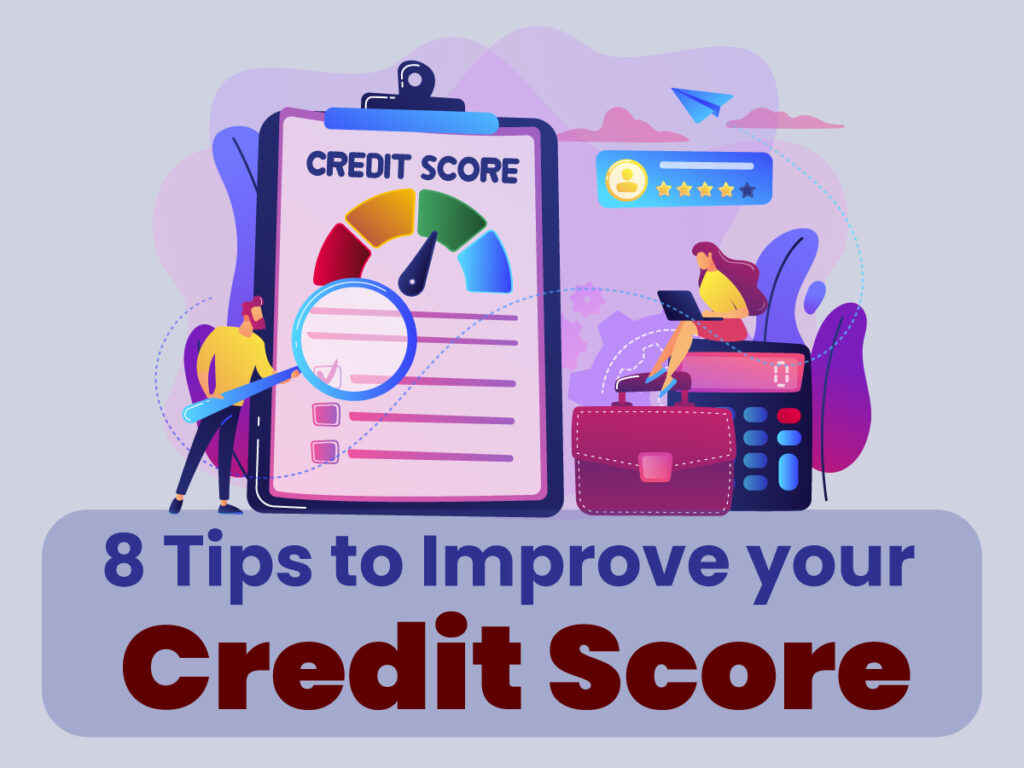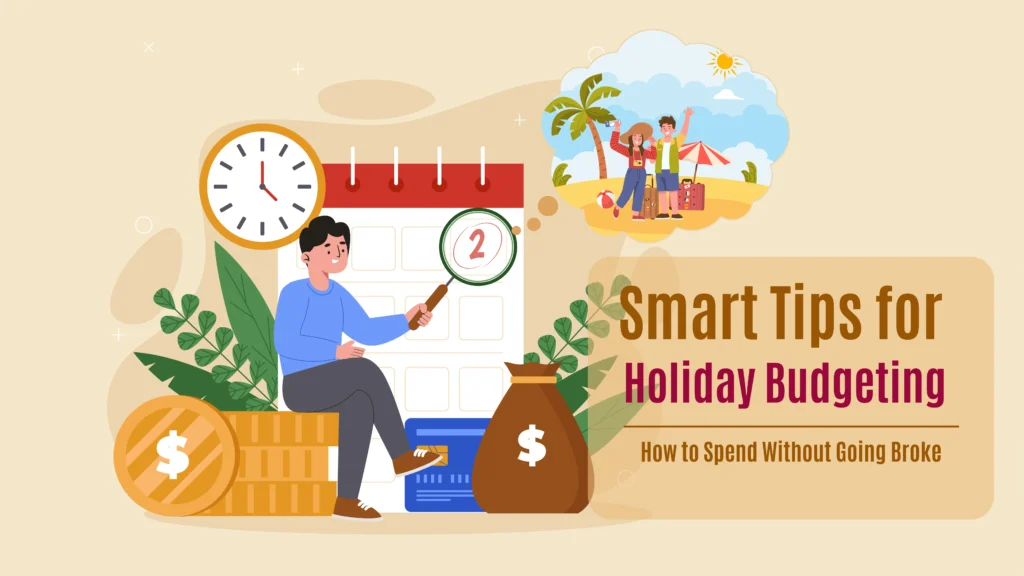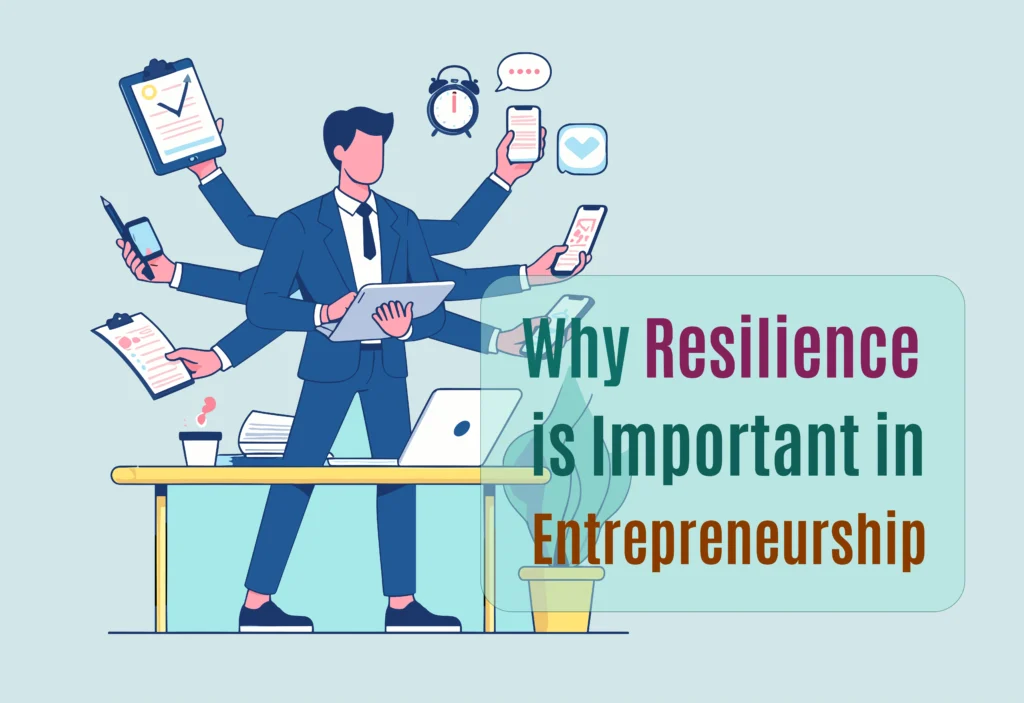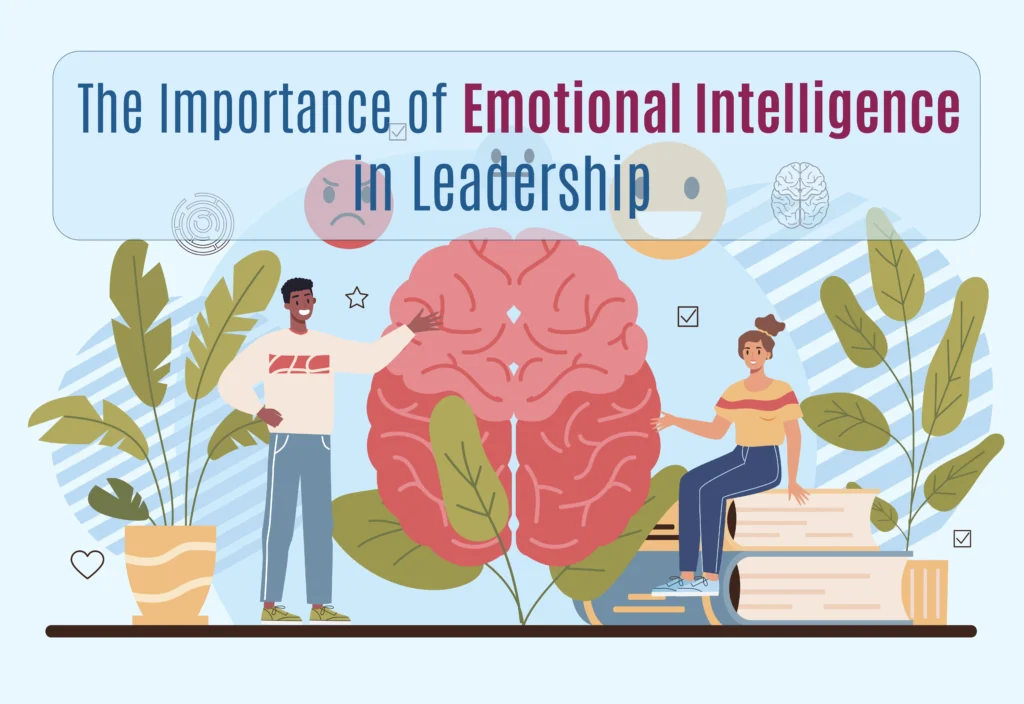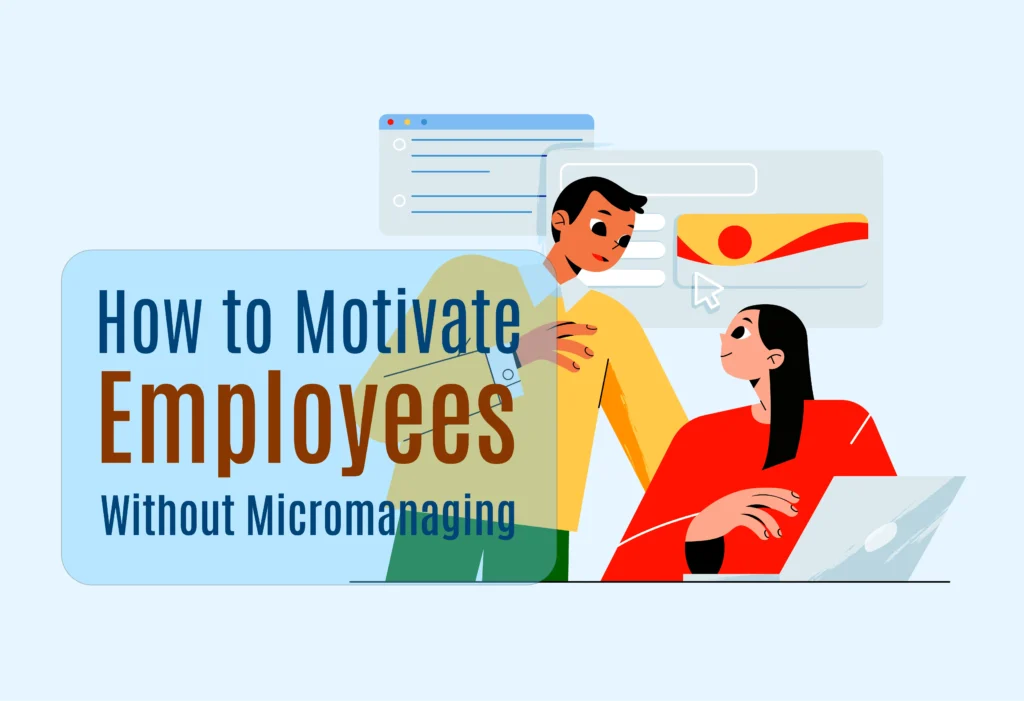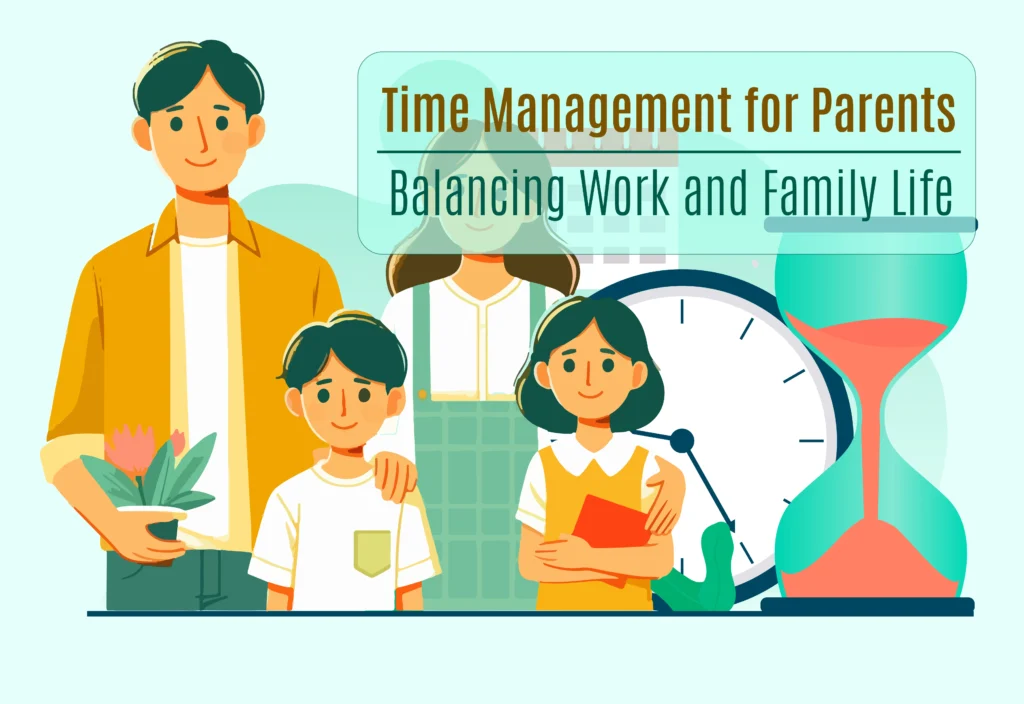How to Consolidate Debt Without Hurting Your Credit Score
Debt consolidation can be a great way to manage and pay off debt faster. It simplifies your payments, potentially lowers your interest rates, and gives you a structured path toward becoming debt-free. However, many people worry about the impact debt consolidation may have on their credit score. The good news is that when done responsibly, consolidating debt can actually improve your credit score in the long run.
In this guide, we’ll explain how to consolidate debt without hurting your credit score. We’ll explore different types of consolidation, how each one affects your credit, and actionable steps to ensure the process improves your financial standing.
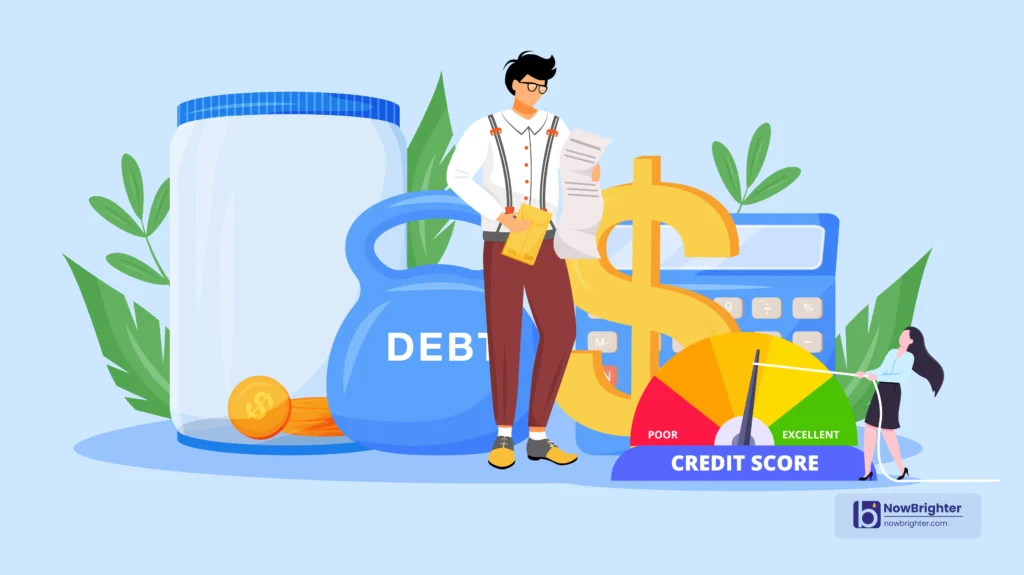
Understanding Debt Consolidation
Debt consolidation is a strategy that combines multiple debts into a single loan or credit line, ideally with a lower interest rate or more favorable repayment terms. This approach simplifies repayment by turning several payments into one, often reducing the overall cost of debt.
What is Debt Consolidation?
Debt consolidation means taking out a new loan or credit line to pay off existing debts. The idea is to combine all your high-interest debt—such as credit card balances, personal loans, or medical bills—into a single, more manageable loan. Instead of juggling multiple payments, you make just one monthly payment toward the consolidated loan, often with a lower interest rate or fixed payment term.
This method can help reduce the overall amount of interest you pay, speed up your debt repayment process, and make it easier to manage monthly payments.
Types of Debt Consolidation
There are several types of debt consolidation, and each one works slightly differently. The most common options include:
- Personal Loans: These loans can be used to consolidate various forms of debt, like credit card balances or other high-interest loans. Personal loans typically come with fixed interest rates and fixed monthly payments.
- Credit Card Balance Transfers: Some credit cards offer promotional 0% interest rates on balance transfers for a specific period, often between 12 and 18 months. This can be an effective way to consolidate multiple credit card balances into one.
- Home Equity Loans/HELOCs: If you own a home, you may be able to use your home equity to consolidate debt. Home equity loans and home equity lines of credit (HELOCs) offer lower interest rates but come with the risk of losing your home if you default on payments.
Why Consolidate Debt?
Debt consolidation is appealing for several reasons:
- Lower Interest Rates: By consolidating high-interest credit card debt into a loan with a lower interest rate, you can reduce the total amount of interest paid over time.
- Simplified Payments: Managing multiple debts can be overwhelming. Consolidating your debts into one loan simplifies payments and makes it easier to track your progress.
- Potential Credit Score Improvement: If managed properly, consolidating debt can improve your credit utilization ratio and help you make on-time payments, both of which benefit your credit score.
How Debt Consolidation Can Affect Your Credit Score
Consolidating debt can have both positive and negative effects on your credit score, depending on how you handle the process.
Short-Term Effects of Consolidation
When you first apply for a consolidation loan or a balance transfer, lenders will typically perform a hard inquiry on your credit report. This can temporarily lower your credit score by a few points. However, this dip is usually minor and short-lived.
The Impact of Hard Inquiries and New Credit Accounts
A hard inquiry occurs when a lender checks your credit during the application process. While a single inquiry may only lower your score by a few points, applying for multiple loans or credit cards in a short period can have a more significant impact. To minimize this, avoid applying for too many credit products within a short timeframe.
Additionally, opening a new credit account (like a personal loan or a new credit card) can temporarily lower your score due to the new account’s impact on your credit age. But if you manage the new account responsibly, these effects are usually outweighed by the long-term benefits.
Long-Term Benefits of Debt Consolidation
Once you’ve consolidated your debt and begin making regular, on-time payments, your credit score can start to improve. This is because of several key factors:
Improving Credit Utilization and Payment History
One of the biggest components of your credit score is credit utilization, or how much of your available credit you’re using. By consolidating high-balance credit cards into a lower-interest loan, you can reduce your credit utilization ratio, which positively affects your credit score.
Additionally, making on-time payments toward your new consolidated loan boosts your payment history, which accounts for 35% of your credit score. Over time, these two factors—improved utilization and consistent payments—can significantly increase your score.
Choosing the Right Debt Consolidation Option
Not all debt consolidation methods are created equal. Choosing the right option depends on your financial situation, credit score, and the type of debt you’re consolidating.
Personal Loans for Debt Consolidation
Personal loans are a common choice for debt consolidation. With a personal loan, you borrow a lump sum to pay off your existing debts and then make fixed monthly payments toward the loan. These loans typically come with a fixed interest rate, so your payment amount stays the same throughout the loan term.
- Benefits: Fixed monthly payments, potentially lower interest rates, predictable timeline for repayment.
- Drawbacks: You’ll need good credit to qualify for the best interest rates. Additionally, some personal loans come with fees like origination fees.
Credit Card Balance Transfers
A balance transfer allows you to move existing credit card debt to a new credit card, often with a 0% introductory APR for a set period (usually 12-18 months). This can save you a significant amount of money in interest if you pay off the balance before the promotional period ends.
- Benefits: Zero or low interest during the promotional period, potentially saving hundreds or thousands in interest.
- Drawbacks: Balance transfer fees (typically 3-5% of the amount transferred) and a high-interest rate if you don’t pay off the balance by the end of the promotional period.
Home Equity Loans and HELOCs
If you own a home and have built up equity, you might consider using a home equity loan or a HELOC to consolidate debt. These loans use your home as collateral, offering lower interest rates than most personal loans or credit cards.
- Benefits: Lower interest rates, longer repayment terms.
- Drawbacks: If you default on the loan, you risk losing your home. It’s also not ideal for small amounts of unsecured debt, like credit card balances.
≫ Related Post: The Pros and Cons of Debt Consolidation
Steps to Consolidate Debt Without Hurting Your Credit
Here’s a step-by-step guide to consolidating debt while minimizing the impact on your credit score.
Step 1: Review Your Credit Report
Before consolidating debt, it’s essential to understand where you currently stand. Request a free copy of your credit report from one of the major credit bureaus (Equifax, Experian, or TransUnion) and check for any errors that could be lowering your score.
Check for Errors and Understand Your Credit Standing
Review your credit report for mistakes such as incorrect balances, old accounts that should be closed, or any fraudulent activity. Disputing these errors before applying for a consolidation loan can improve your score.
Step 2: Calculate Your Debt and Monthly Budget
It’s important to know exactly how much debt you owe and how much you can afford to pay each month toward your consolidated loan.
Know What You Owe and How Much You Can Afford
Add up the total balance of all the debts you want to consolidate, and compare this to your income and monthly expenses. This will help you determine how much you can afford to pay each month and what type of consolidation loan you should apply for.
Step 3: Research Different Debt Consolidation Options
Research all available consolidation methods and compare the pros and cons of each. Be sure to consider interest rates, loan terms, and any fees involved.
Compare Interest Rates, Terms, and Fees
If you’re considering a personal loan, check multiple lenders to compare interest rates and fees. For balance transfers, review the promotional interest rates and calculate how much you’ll save, even with a balance transfer fee.
Step 4: Apply for Debt Consolidation Loans Carefully
To avoid damaging your credit score, limit the number of applications you submit. Each application triggers a hard inquiry, which can lower your score slightly.
Avoid Multiple Hard Inquiries
To minimize the impact on your credit score, apply for loans within a short timeframe so multiple hard inquiries are treated as one. Be selective and apply only for loans or credit lines that you are likely to qualify for based on your credit score and financial situation.
Step 5: Create a Plan to Pay Off Consolidated Debt
Once your debt is consolidated, it’s crucial to stick to a repayment plan. Missing payments on your new loan can hurt your credit score and lead to even more financial difficulties.
Stick to Fixed Payments and Avoid New Debt
Set up automatic payments to ensure you never miss a due date. Also, avoid taking on any new debt while you’re paying off the consolidated loan, as this can undo the progress you’ve made.
Step 6: Monitor Your Credit Score Regularly
After consolidating your debt, keep an eye on your credit score. This will allow you to track your progress and ensure your efforts are paying off.
Track Your Progress and Adjust as Needed
If your credit score doesn’t improve or you’re having trouble making payments, reassess your budget and consider adjusting your repayment plan. Keeping tabs on your credit score also helps you catch any potential errors early.
Alternatives to Debt Consolidation
If debt consolidation isn’t the right solution for you, there are other ways to manage debt without hurting your credit score.
Debt Management Plans
Working with a nonprofit credit counseling agency to create a Debt Management Plan (DMP) can help you negotiate lower interest rates and develop a structured repayment plan. This option doesn’t require taking out a new loan and won’t negatively impact your credit.
Debt Snowball and Debt Avalanche Methods
The Debt Snowball and Debt Avalanche methods involve paying off your debts without consolidating. With the Debt Snowball, you focus on paying off the smallest debts first to build momentum. The Debt Avalanche focuses on paying off the debts with the highest interest rates first to minimize interest payments.
DIY Debt Negotiation
If consolidation isn’t an option, you can negotiate directly with your creditors. Ask for lower interest rates, longer repayment terms, or even a settlement offer. Many creditors are willing to work with you if you’re experiencing financial hardship.
Common Mistakes to Avoid When Consolidating Debt
Debt consolidation can be a powerful tool, but there are common mistakes that can hurt your credit score or make your financial situation worse.
Accumulating New Debt After Consolidation
One of the biggest mistakes is consolidating debt and then accumulating new debt on top of it. This puts you in a worse financial position, making it harder to pay off your loans and hurting your credit score.
Why It’s Important to Avoid New Loans
Once you’ve consolidated, avoid using credit cards or taking out new loans until your existing debt is fully paid off. The goal is to become debt-free, not to pile on more debt.
Ignoring Fees and Fine Print
Some debt consolidation loans come with hidden fees, like origination fees, prepayment penalties, or high variable interest rates.
Understanding Loan Terms and Hidden Costs
Always read the fine print before signing a loan agreement. Understand any fees involved and whether the interest rate is fixed or variable. This can help you avoid unexpected costs down the road.
Choosing the Wrong Type of Consolidation Loan
Using the wrong type of loan for debt consolidation can lead to more financial trouble. For instance, using a HELOC for small, unsecured debts like credit cards may put your home at risk unnecessarily.
Matching Your Debt to the Right Consolidation Option
Select the consolidation method that best matches the type and amount of debt you have. For unsecured debts, a personal loan or balance transfer may be the best option. For larger debts, a home equity loan might make sense, but only if you can commit to the repayment terms.
The Long-Term Benefits of Responsible Debt Consolidation
When done correctly, debt consolidation not only helps you manage your debt but also improves your financial health and credit score over time.
Improved Credit Utilization
By consolidating credit card balances, you lower your credit utilization ratio, which is a significant factor in your credit score. Keeping your utilization low shows lenders that you are managing your credit responsibly.
How Consolidation Reduces Credit Card Balances
Moving credit card debt to a personal loan reduces the amount of credit you’re using, which can boost your score. However, it’s crucial to avoid running up new balances on those credit cards after consolidation.
A Simpler Financial Life
Debt consolidation can simplify your finances by reducing multiple payments to one. This makes it easier to keep track of your payments, avoid missed due dates, and stay on track toward debt freedom.
Fewer Payments and a Clear Repayment Plan
With one fixed payment each month, you’ll have a clearer picture of when your debt will be paid off. This reduces the stress of managing multiple due dates and varying amounts, making it easier to budget and plan for your financial future.
Conclusion: Consolidate Debt Responsibly to Protect Your Credit
Debt consolidation can be an effective strategy for managing and paying off your debt while improving your credit score. By choosing the right consolidation method, following a structured repayment plan, and avoiding new debt, you can simplify your financial life without harming your credit.
Remember, consolidation is just the first step. Stick to your plan, monitor your progress, and take action today to get on the path to a debt-free future.

